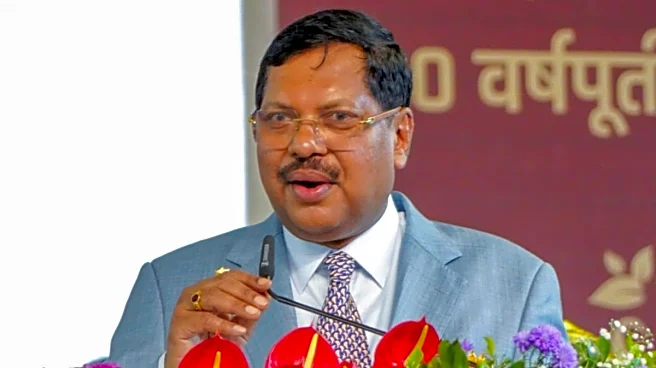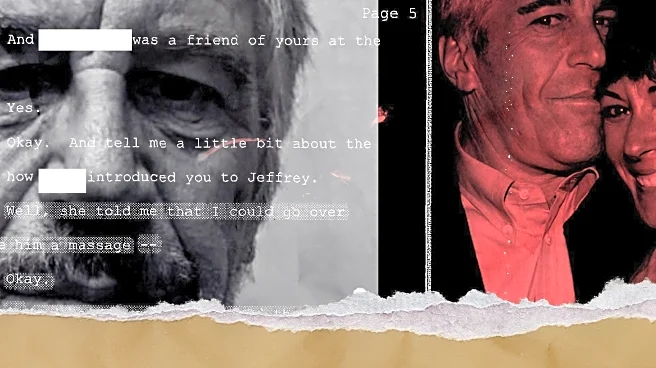On the eve of his retirement, Chief Justice of India BR Gavai said the Supreme Court has already taken the necessary steps to address the creamy layer issue in caste-based reservations, and it is now for
the government and Parliament to move the process forward.
Speaking to the media today, he reflected on key judgments, the state of the judiciary, and the challenges that lie ahead.
Earlier this year, a Constitution Bench — which included Justice Gavai — delivered a landmark ruling allowing sub-classification within the Scheduled Castes and Scheduled Tribes. The aim was to ensure that reservation benefits reached the most disadvantaged sections within these communities.
Chief Justice Gavai said the court had “done its part” by clearing the path for this reform. He added that the next steps must come from the government and the legislature to prevent a situation where “a class is created within a class”. He is only the second Dalit judge to have risen to the country’s highest judicial office.
“Equality needs to percolate to people. We have seen many Scheduled Caste families have grown, but they continue to take advantage of reservations,” he said, pointing to cases where children of senior civil servants from SC/ST communities still seek quota benefits.
In the judgment he authored last year, he wrote, “State must evolve a policy to identify creamy layer among the SC/ST category and take them out of the fold of affirmative action. This is the only way to gain true equality.”
On Nepotism In The Judiciary
Asked about allegations of favouritism in the Collegium system, the Chief Justice said such cases were rare. According to him, instances where a judge’s relative is considered for appointment form “less than 10 per cent” of the recommendations. He said merit should not be disregarded simply because a candidate is related to someone in the judiciary.
On Judicial Independence And Transfers
Chief Justice Gavai cautioned against the belief that a judge is independent only when ruling against the government. He said such a “school of thought” was incorrect. On the issue of transfers across high courts, he clarified that such decisions were taken for administrative reasons.
Retirement And Future Plans
Speaking about life after retirement, he said he hopes to rest for a while before engaging in social work. “Social work is in my blood and I would devote my time to tribals,” he said, adding that he will not accept any post-retirement position.
He also addressed the recent incident in which a lawyer threw a shoe at him. “Forgiveness came naturally to me,” he said when asked why the court took no action.
On Delhi pollution, he noted that the courts have pushed authorities to focus on long-term measures rather than short-term fixes. Justice Surya Kant will take over as Chief Justice tomorrow.




/images/ppid_a911dc6a-image-177080123097710614.webp)

/images/ppid_a911dc6a-image-177080097002874057.webp)
/images/ppid_a911dc6a-image-177080093159334115.webp)
/images/ppid_a911dc6a-image-177080056067494154.webp)
/images/ppid_a911dc6a-image-177080052363846330.webp)

/images/ppid_a911dc6a-image-177080030784122789.webp)
/images/ppid_59c68470-image-1770800102429727.webp)

/images/ppid_59c68470-image-177080023164487249.webp)